Beliefs & Rituals
"The Well does not ask for words; only the weight of what we give. It is not satisfied by prayers or promises. Our devotion is measured not by voice, but by flesh and blood. We bind ourselves to the Well’s mercy, and in sacrifice, we find our salvation."— excerpt from a sermon preached by the Elder-Cut of the Congregation of the Silent Well
The people of Rupeh speak little of their faith, and even less of the Silent Well itself. This silence is not born of doubt, but of reverence. Those who choose life in Rupeh know that the Well craves neither praise, nor spectacles. It is a god, that favors humility, and worship shaped not by words, but by acts.
Sacrifice, the Congregation teaches, is the only true language it understands.
As for those who question this truth?
They are never seen again to debate it.
A Monthly Communion
Each new moon, the villagers are expected to spill blood into the Well. It is a small offering - no more than a few drops, a thin cut across the palm or a shaving from the tongue. These rituals are private, hushed. There is no singing, no temple bells. Only the descent to the stone mouth that drinks all things in silence.
No one is exempt. Children are taught to give before they can speak. The elderly crawl, if they must.
The belief is simple: The Well remembers what is given. And when the Well remembers, Rupeh is kept whole. Its fields flourish. Its herds do not sicken. The nightmares that stalk the forest veer away and the people are kept safe.
Even strangers must give.
Visitors are not turned away - hospitality is still a virtue in Rupeh - but any who wish to sleep within the village must offer their blood. A cut, no matter how small, placed with both hands upon the well’s rim. Those who refuse do not remain long. Some leave before sundown. Others vanish quietly in the night.
No one speaks of them again. But no one needs to.
The truth is as plain as day, to those who understand: The Well remembers not only gifts, but absences.
Outsiders note something else as well. Fingers always gloved. Sleeves that hang too loose. A woman missing both ears. A boy who does not speak because he no longer has a tongue. Limps. Eyepatches. Crooked steps.
In Rupeh, the body is a ledger of offerings.
Each missing part, a debt paid to the Well.
Because sometimes, blood alone cannot close the price demanded.
The Fleshbound Vigil
Once a year, beneath a sky emptied of stars, the people of Rupeh celebrate their survival and honor the Silent Well.
They call it the Fleshbound Vigil, a title the Congregation says was whispered from the Well long ago, when the founders of Roupeh and the faith first arrived in the region.
The celebration begins at dusk with fire and food. The village becomes strangely alive. For a few hours, the air hums with laughter, music, and reckless joy. Stories are shared by the fire and children are allowed to stay awake.
But as the moon climbs, everything changes. The fires are snuffed. The bell atop the congregation hall rings once: deep, low, final.
Then comes the offering.
Each soul brings a piece of themselves they have prepared in advance, wrapped in cloth and marked with the sigil of the Congregation.
A chunk of flesh. A finger. A nipple. A tongue. An ear.
The boy held the cloth bundle tight against his chest. Inside, nestled in its linen next that had gone dark with blood, lay his ear; small, warm, and silent. His fingers trembled, not from pain, but from the weight of his offering. His mother walked beside him, her silence louder than any prayer. Around them, the village moved like smoke; soft shapes gliding through the dark, drawn to the well like moths to flame.
He had not cried when the knife touched his skin carving out the offering. He would not cry now, no matter the sting of pain where flesh once was.
To give was to belong.
To belong was to be remembered.
That was the way of the faith.
No voice speaks as the offerings are placed with reverence at the mouth of the Well. No tears are shed for pain, or for loss. Instead, the people feel calmer than on any other day. They bear their self-inflicted wounds with pride, because they believe. Because they know the Silent Well will look after them.
The Elder-Cut, leader of the Congregation, steps forward. Slowly, they touch the offerings; lifting them, blessing them in silence, casting them into the black waters below. No sound comes back in return, but there is a feeling: recognition.
Acceptance.
When the last offering sinks, the Congregation blesses the village in the Well’s name.
The Vigil ends. The people return home, certain no ill will shall touch Rupeh that year.
But not every year is the same.
There are years when the signs cannot be ignored: blighted fields, cattle born sick, dreams choked with ash. In those times, the Elder-Cut is seen more often beside the Well; watching, listening.
When this happens, the Congregation decides that the Well is hungrier. That during the annual Vigil, blood must carry a soul.
And so a different offering is prepared. It is not a joyous occasion. But it is understood. And obeyed.
The soul offered is chosen when the Elder-Cut decrees. Sometimes by lot. Sometimes by volunteer.
And sometimes, because there is a calling asking for them.
Their body is bound in white cloth, stained red by the sigil of the Congregation, and lowered into the dark with quiet prayer.
No one ever sees them again.
The Well does not speak, but in the hush that follows, there is peace.
And the village endures once more.
Or so the faithful believe.
Keepers of the Well
Origins
Rupeh was born from desperation and silence, founded by four weary survivors who sought refuge in the shadow of the wild mountains to escape the fires of the Cataclysm. Among them was a woman, known to those that arrived later only as the First Listener, whose quiet strength shaped the settlement’s soul.
She was said to have heard the Well’s whispers before the town grew, returning from the dark waters with her mouth sewn shut and her eyes heavy with unshed tears. The other three settlers followed her lead, binding their lives to the strange faith she bore.
Some say she was the first to offer flesh.
Others that she was the first sacrifice.
Either way, the Congregation grew around her silence like stone around a grave.
"The well remembers; so must we."— Inscribed above the Congregation Hall
Tenets of the Faith
- To Give is to Remain: Sacrifice is communion; only those who offer of themselves may walk without fear.
- The Well Remembers: Every offering becomes part of the Watcher Below. Nothing given is wasted.
- Silence is the Shape of Truth: Speaking too much invites falsehood. True communion is wordless.
- Need Justifies the Cut: When the signs call for more, the offering must match the hunger.
Structure
The Congregation of the Silent Well is not old, though its rites feel ancient to those who follow them. It began less than thirty years ago, when four travelers found the ruins of a town long emptied, and in its center, a well that did not echo.
From these four, the faith was born. Now, only one of them remains.
The Elder-Cut
The Elder-Cut, spiritual and earthly head of the Congregation, has held his silent throne since the beginning. His body is hollowed by time, ritual, and sacrifice; an old man before the Cataclysm, now whispered to be well beyond a century.
He forged the rites, shaped the faith’s silence, and ensured the name of the First Listener - the one who first heard the call from the Well - is never spoken. Some say this is out of reverence. Others, claim it's guilt since the woman was his daughter.
Across his throat lies the Trifold Mark; three deep, self-inflicted scars, severing voice and sealing vow. Since that moment, no word has passed his lips. His will moves through ritual, gestures, and the voices of others.
No one knows how long he will endure. Whispers say the Well sustains him still, a hollow herald bound to its dark will.
The Handbound
The Handbound are the Congregation’s living will; keepers of order and enforcers of sacred rites. Chosen from those whose faith and duty are ironclad, their hands are bound in ritual linen steeped in salt, branded with the sigil of the faith. This binding is both vow and burden: to serve only the Well’s will, never their own.
They do not shout, nor threaten. Their silence speaks volumes; their absence is worse. When the time comes, they appear; at the doors of the unwilling and the hesitant, beside the altar, comforting the agony before the knife. Their presence is an unspoken command: the Vigil is not optional. The offering must be made. To stray risks not only oneself, but the whole community.
The Handbound do not revel in punishment, nor delight in cruelty, but they are absolute. Without their bound hands, the faith fractures and falls to shadow.
The Ash-Eyed
There are the youngest initiates of the Congregation, chosen to walk the path of silence, service, and sharpened perception. Upon accepting to enter the trial of initiation, their eyes are hidden behind a blindfold steeped in ash, ink and water from the Well. From that moment, they are forbidden from removing it, even in sleep, for a whole year.
The Congregation teaches that the eyes are easily deceived, but truth may still be heard in a breath, smelled in rot or oil, felt in the warmth of blood or the tremor of grief. In their blindness, the Ash-Eyed are expected to train their other senses: to listen better, move quietly, and understand the world without the illusions of sight.
During their veiling, they serve in silence. They memorize the rites by sound alone, assist the Handbound, prepare tools and cloth for the offerings, and tend the wounded by touch. They may not enter the Hall, but they kneel outside during rites, listening.
At the year’s end, if they endure, their veils are lifted in a quiet ritual at the Well’s edge. There, one eye is sacrificed and the sigil of the faith branded onto their forehead, marking their lifelong service as healers and confessors. Some may rise further, joining the ranks of the Handbound.
The Weight of Silence
Rupeh stands quiet, a place untouched by the chaos that devours the world beyond its walls. Its people walk with scars both seen and unseen; tokens of devotion, reminders of survival. The Congregation holds them in a fragile covenant: give your flesh, your blood, your silence, and be kept whole.
But beneath the calm lies something older.
The Well remembers every offering, every denial. It does not forget.
The truth about it is not spoken aloud. It is a secret kept in the voiceless mind of the Elder-Cut alone.
To those who come to Rupeh seeking shelter, and to those who choose to live their lifes there, a warning is made absolute and clear:
Whatever you do, don't go down the Well.
The Silent Well is no mere hollow in the earth. It is the gaping maw of a living nightmare: an endless, writhing mass of flesh and hunger, shackled beneath the bones of Rupeh. No tongue speaks its name. No eye has seen its beginning. What the Congregation knows is this: it is a burden and a blessing bound by blood and silence. Flesh given becomes one with its grotesque vastness, marked and spared from the endless gnashing beneath.
Those who refuse are not just gone. They are devoured. Drawn into the dark hunger that stretches beyond sight. Its tendrils coil beneath the earth, a black web of fleshy roots that feasts on blight, nightmare, and the broken souls of the damned. By this terrible vigilance, the horrors that stalk the wastes are held at bay. Under its watchful, unknowable hunger, Rupeh’s fields grow tall, its herds thrive, safe from pestilence and shadow. The land breathes in the silence left by devoured chaos, giving the village room to flourish in the wasteland’s grip.
In the shadow of that monstrous heart, Rupeh stands untouched. But the price is always flesh, a debt carved deep into bone and spirit. This is the weight beneath the Well.
This is the god of the congregation who watches with hungry silence.
And those who deny the debt hear only the silence before the maw opens.
Read Next
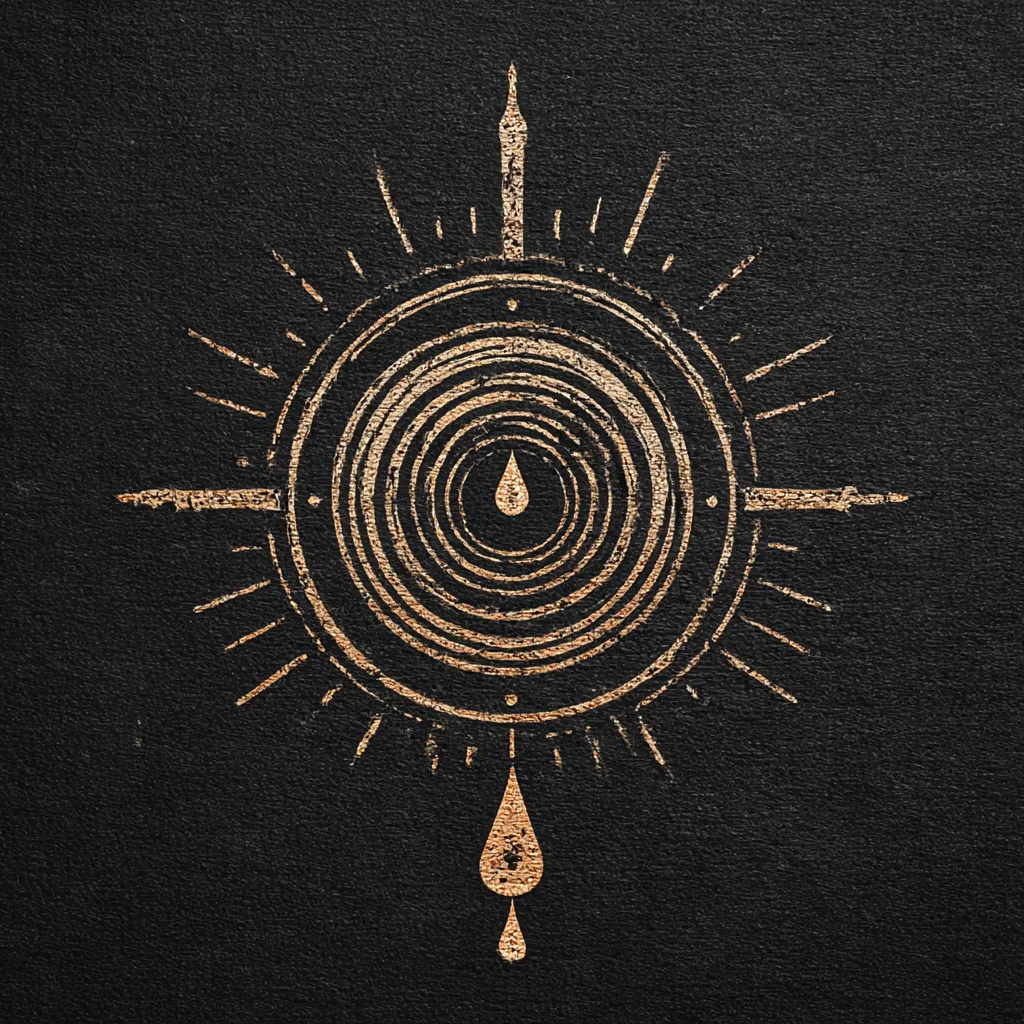
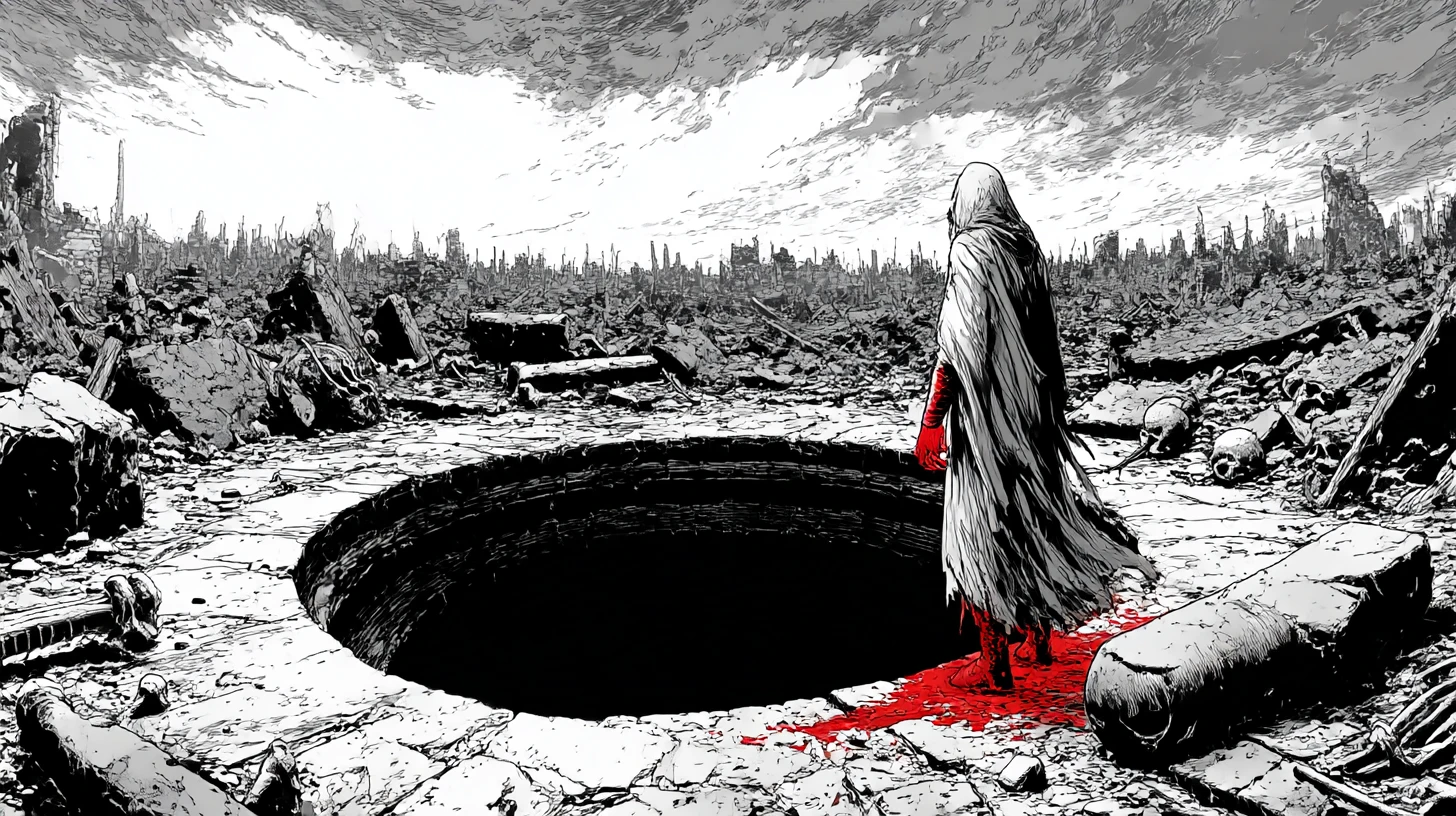
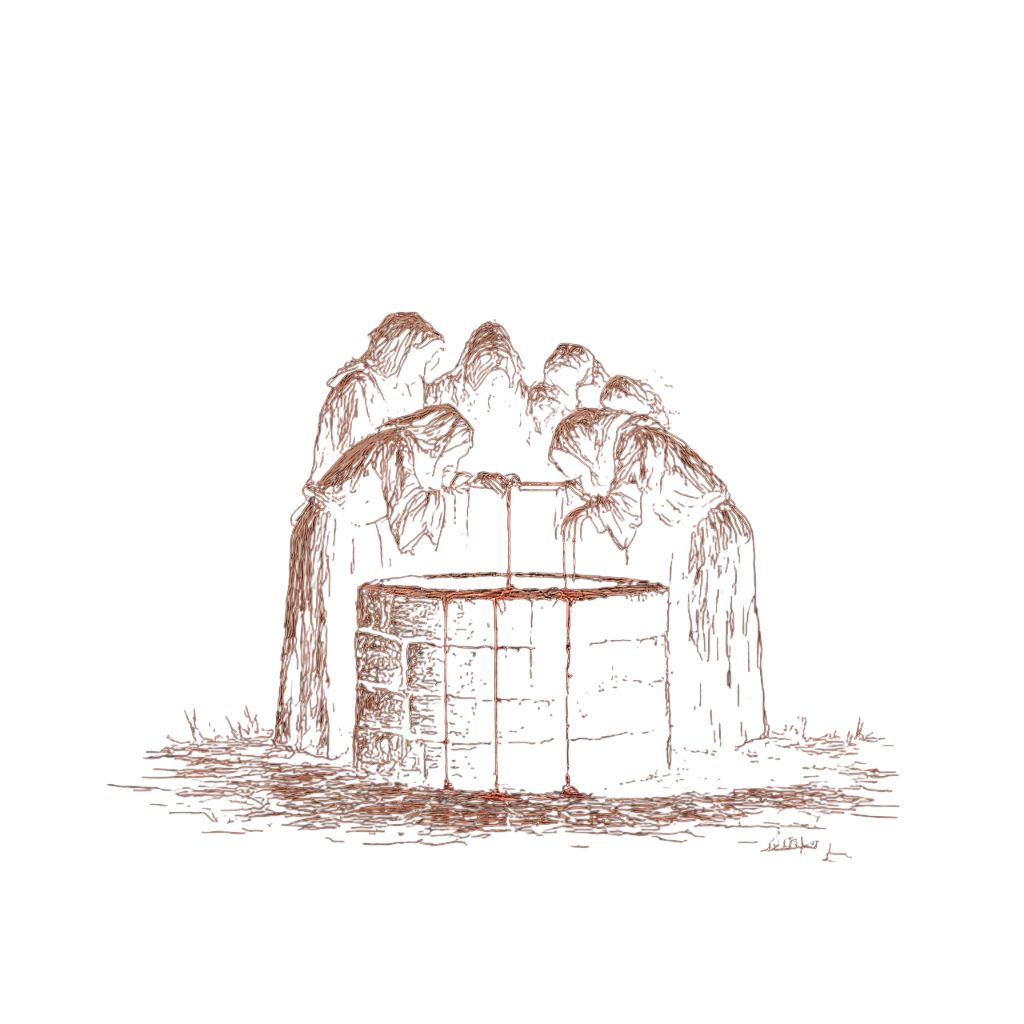
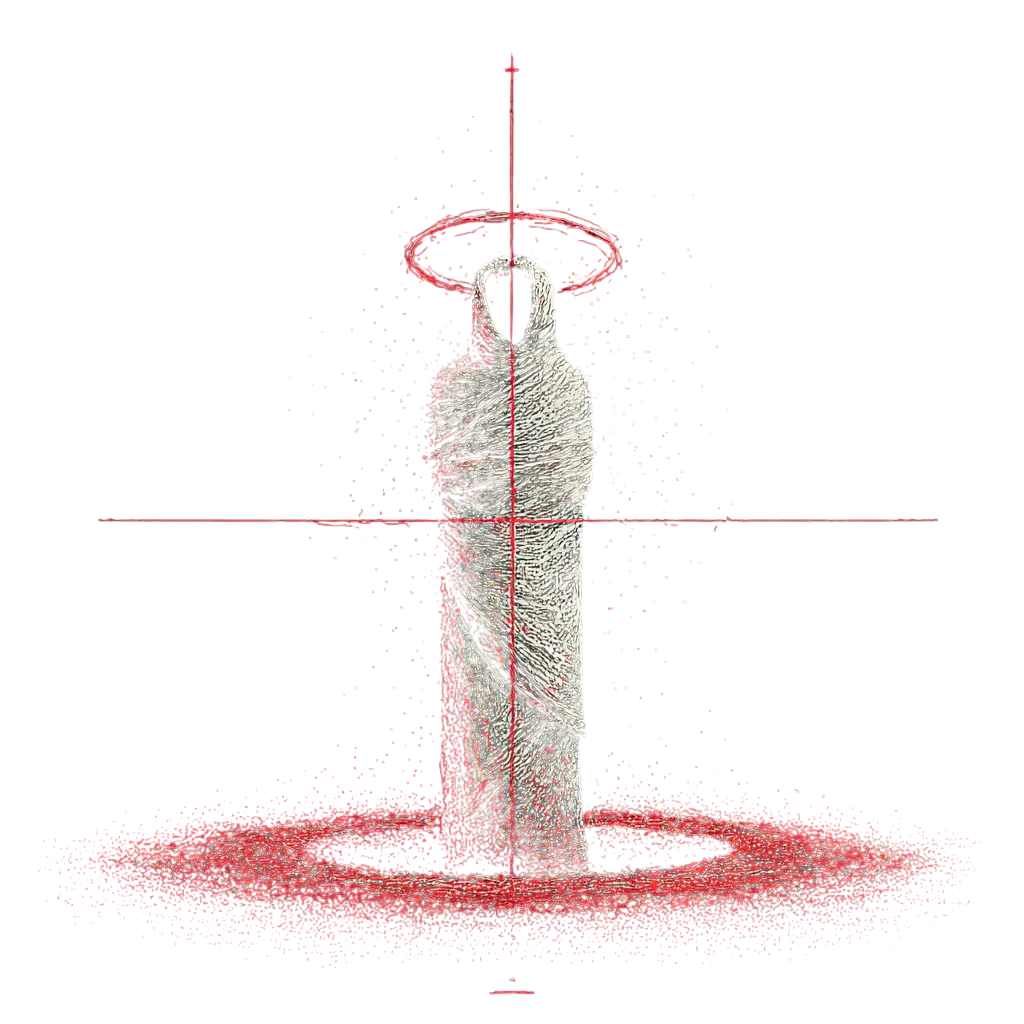
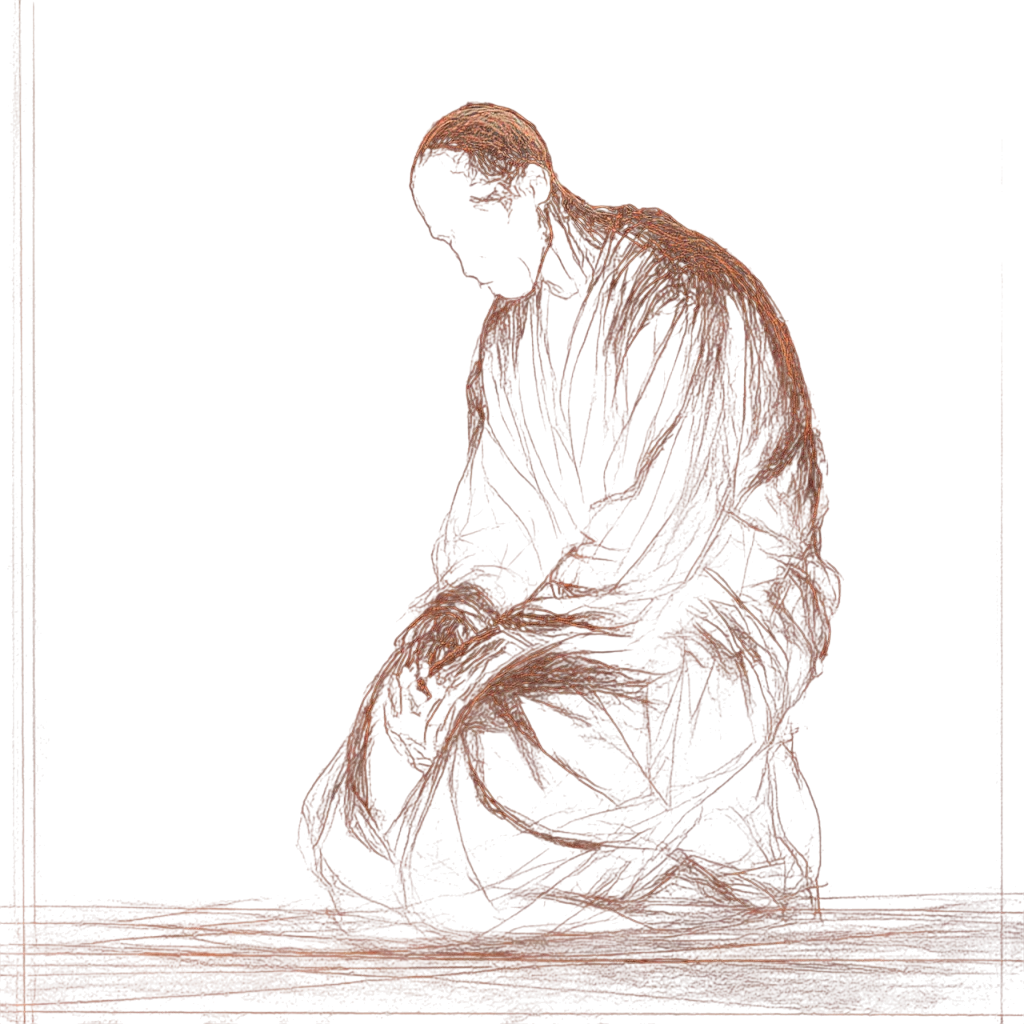
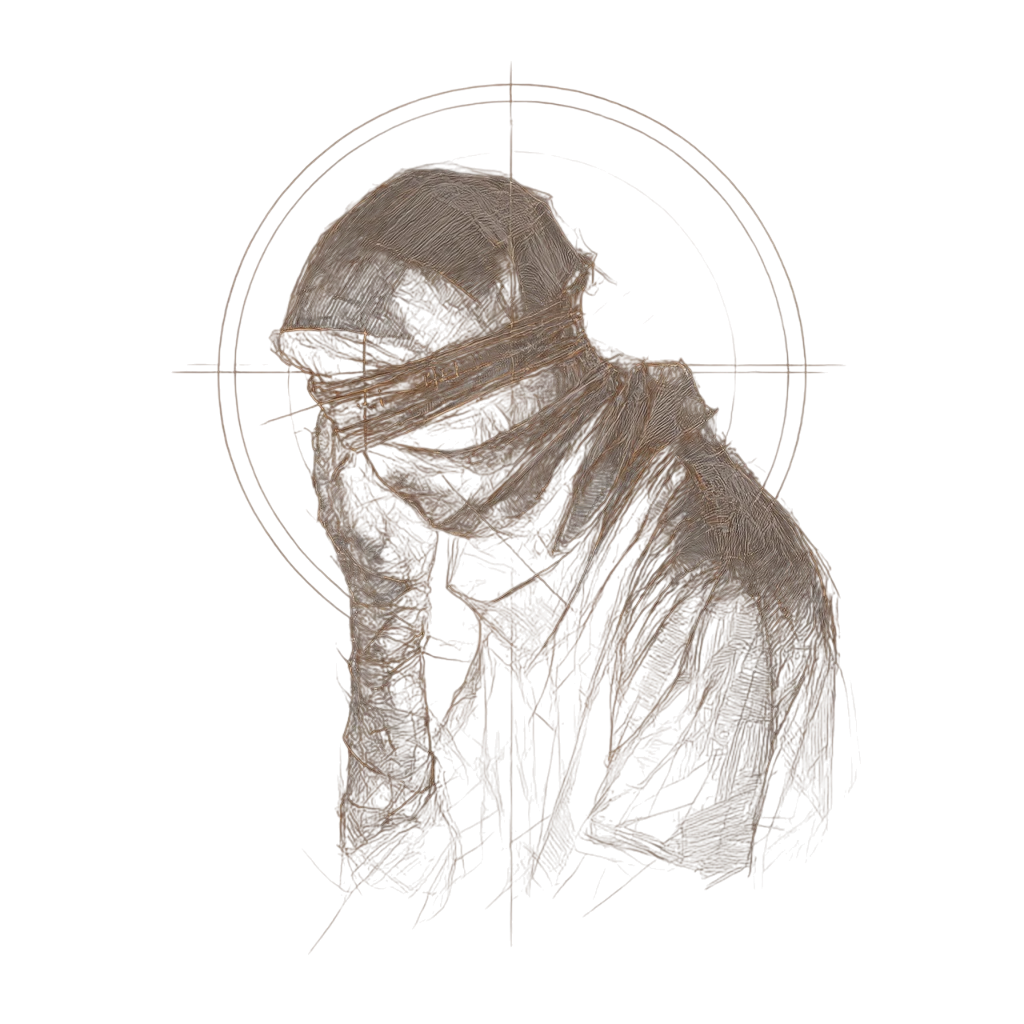






Very well written. Quite unsettling - which I think is the intent.
Thank you so much! And yes, this was absolutely the intent :)